FAQs on Resume Preparation
Question: How to write a resume?
Answer:
Don’t worry if you don’t know where to start. PrepInsta will walk you through each step of the resume writing process, one area at a time.
For further information, see our resume instructions or click the Get Prime icon below. On PrepInsta Prime, you may go through the entire resume preparation course module to develop an impressive and strong resume that will help you land the perfect job you’ve been looking for.
Question: How to make your resume stand out?
Answer:
Form and content are the deciding factors. First, make your resume stand out while remaining professional.
The most straightforward approach to do so is to use a resume builder and select a professionally prepared template that is appropriate for your industry and career. Second, make your CV stand out by emphasising your best qualities.
Question: What is a cover letter?
Answer:
Your cover letter is a one-page document that you include with your resume when applying for a job. It can take numerous forms, including text in the body of an email, a completed internet form, or a standalone PDF document.
What is the function of the cover letter in today’s world? Recruiters will not always read your cover letter, which is a bit depressing. At the same time, including one is still considered a favour, especially at smaller organisations where each application is more likely to be carefully reviewed. Finally, a well-written cover letter gives you the chance to stand out.


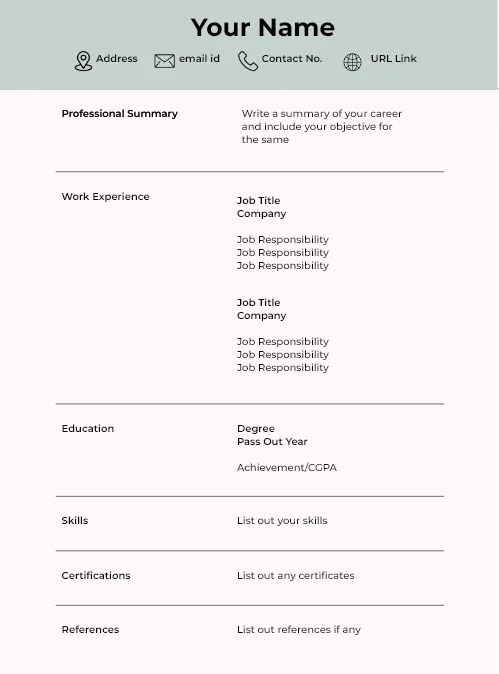
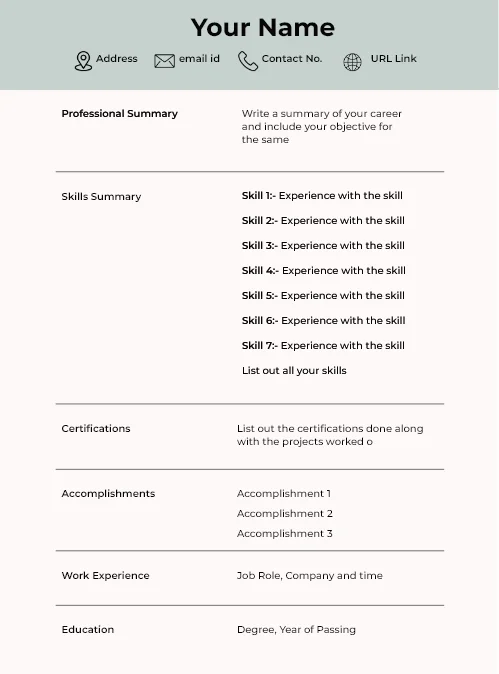
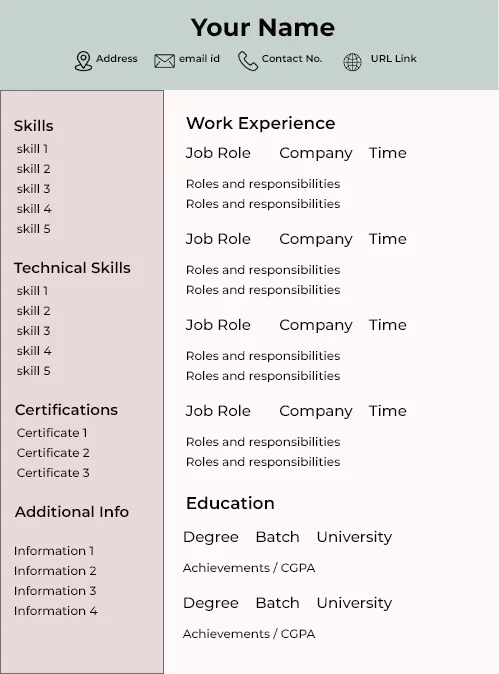
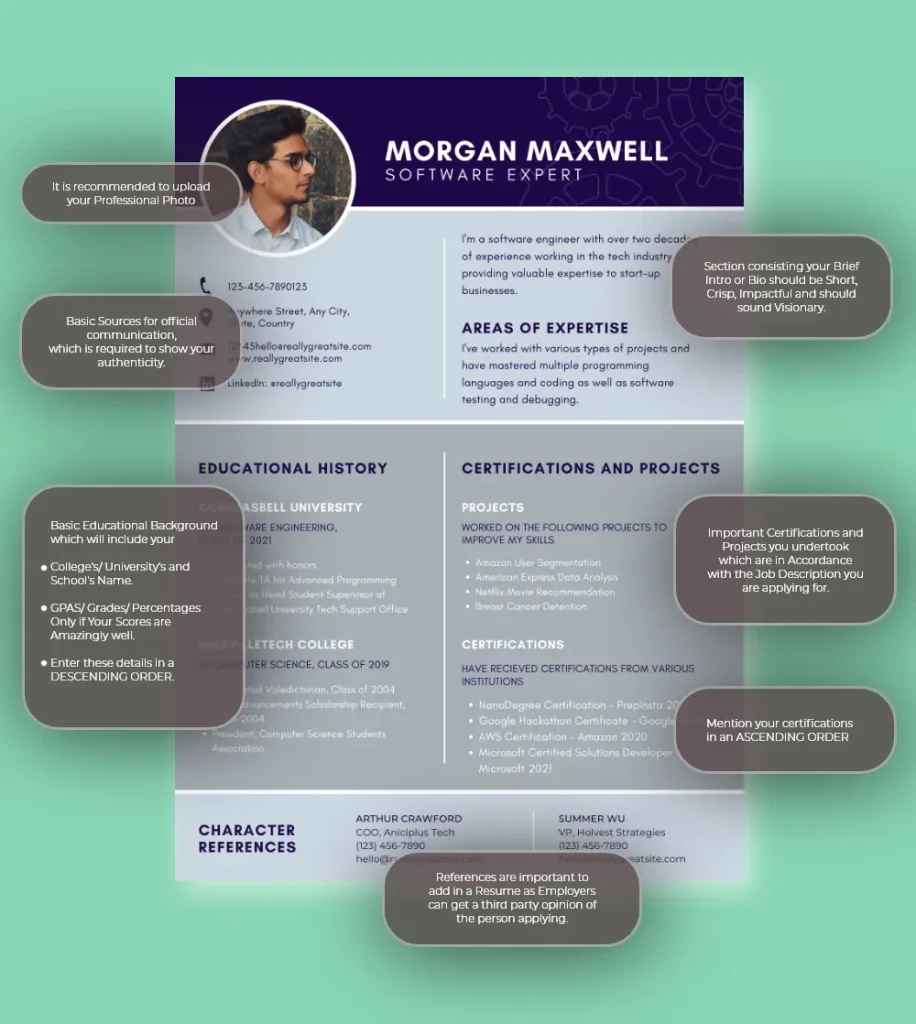
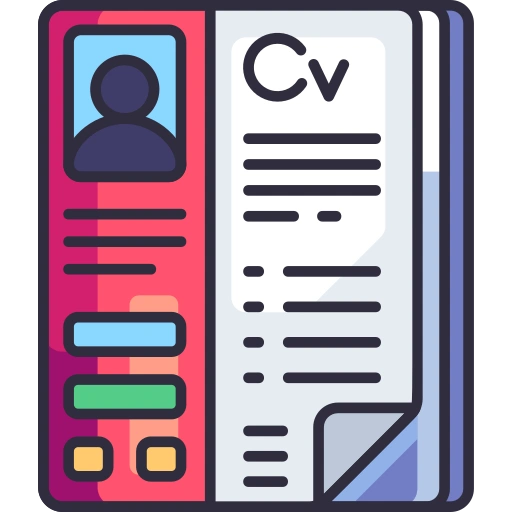
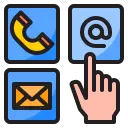

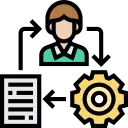


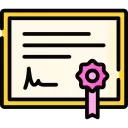
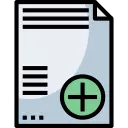
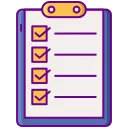
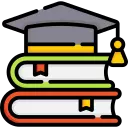
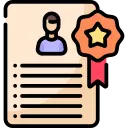


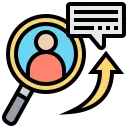


hello
Hey there, Kindly message us at 8448440710 Whatsapp number, our mentors will guide you further with placement preparation and assistance.